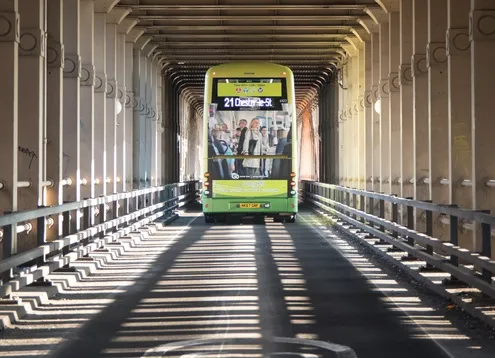Vehicles using the DRVR technology have been fitted with Tata’s Move-IOT connect SIM technology. The sensors transmit data collected in real-time using Move, which connects services using the best available local cellular network. The DRVR application then processes and analyses the data, turning it into fleet performance metrics on the device, mobile or laptop.
Move will be rolled out through its smart fleet management applications. It is said to enable DRVR to roam across different service providers in any of its covered regions without having to negotiate agreements with multiple providers or pay extra fees.
David Henderson, co-founder and chief executive officer, DRVR, said: "Our partnership with Tata Communications enables us to overcome two major challenges in our quest to create smarter fleets across our entire geographical footprint. First, rather than negotiate multiple contracts with individual service providers, our entire international IoT network is managed through Tata Communications. As a result, we get valuable visibility of data collected across borders so that we can realise the benefits of smarter fleet management. Second, it allows us a holistic view on a singular dashboard allowing us to respond with improved accuracy and eliminating downtime almost entirely."
DRVR partners with Tata to revolutionize fleet network, Asia
DRVR has chosen Tata Communications (Tata) as its IoT connectivity partner in a deal that aims to convert information from vehicles into actionable insights to help drive efficiencies and save costs through smarter fleet management, in Asia. Through leveraging Tata’s mobility solution – Move, the project will operate across Thailand, Myanmar, Philippines and Indonesia.
December 13, 2017
Read time: 2 mins
DRVR has chosen 6537 Tata Communications (Tata) as its IoT connectivity partner in a deal that aims to convert information from vehicles into actionable insights to help drive efficiencies and save costs through smarter fleet management, in Asia. Through leveraging Tata’s mobility solution – Move, the project will operate across Thailand, Myanmar, Philippines and Indonesia.








